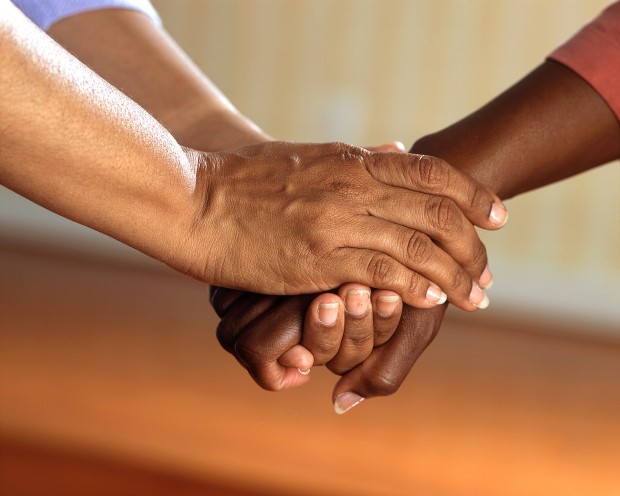As graphic testimony and sensational headlines continue to surface in the Sean “Diddy” Combs sex trafficking trial, mental health experts and survivor advocates are raising a red flag: the emotional impact on survivors of domestic violence and sexual assault.
Tonight on The Daily Drum, we explored how the disturbing nature of these revelations can serve as painful reminders for those who have lived through abuse. From fear and pain to anger and helplessness, the emotional toll is real and profound. To help navigate these complex emotions, we were joined by two leading advocates who work tirelessly to support survivors and promote trauma-informed care.
Our Featured Guests
- Dr. Denise McCain – Director, Prince George’s County Family Justice Center
- Dr. Indira Henard – President and CEO, DC Rape Crisis Center
Why This Trial Feels Different
While high-profile trials involving abuse are not new, this case has shocked even seasoned observers due to the disturbing video content and explicit testimony particularly that of singer Cassie Ventura. The coverage has sparked intense online debate, with some questioning whether Cassie was a victim of sex trafficking or a willing participant. Advocates stress that this confusion highlights the public’s limited understanding of coercion, power dynamics, and trauma bonding in abusive relationships.
Fast Facts on Domestic Violence and Sexual Assault
- Nearly 1 in 5 women and 1 in 71 men in the U.S. have experienced rape in their lifetime (National Intimate Partner and Sexual Violence Survey).
- Fewer than 20% of sexual assaults are reported to police, often due to fear, shame, or concern they won’t be believed (U.S. Justice Department).
- Survivors face higher rates of anxiety, depression, and PTSD (National Domestic Violence Hotline).
- An estimated 15.5 million children live in households impacted by domestic violence (U.S. Dept. of Health and Human Services).
- On a typical day, 70,000+ adults and children receive services from U.S. domestic violence programs (National Network to End Domestic Violence).
They also offered practical advice on how survivors can prioritize their mental health and how loved ones can support them during triggering news cycles.
Support and Resources
Both the Prince George’s County Family Justice Center and the DC Rape Crisis Center provide:
- Confidential counseling and therapy
- Support groups and peer-led discussions
- Emergency shelter and legal advocacy
- Educational outreach and prevention programs
If you or someone you know is struggling, please don’t hesitate to reach out. Help is available, and you are not alone.
The media’s portrayal of high-profile abuse cases must be handled with care and compassion. Survivors deserve coverage that centers their voices and promotes understanding, not judgment. As our guests reminded us tonight, healing is not only possible it is supported by a vast network of advocates ready to help.




